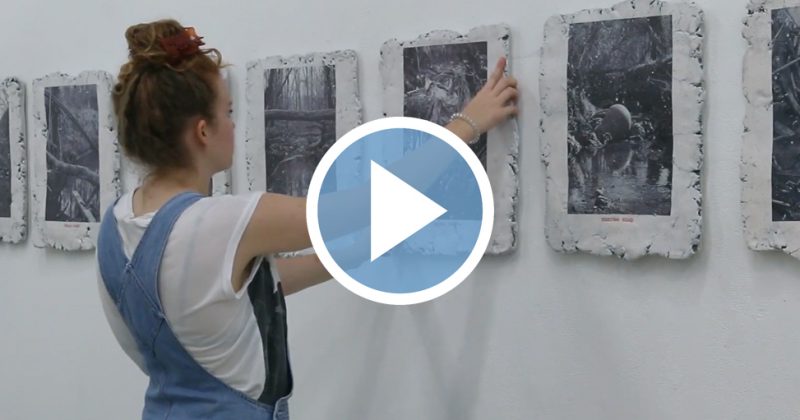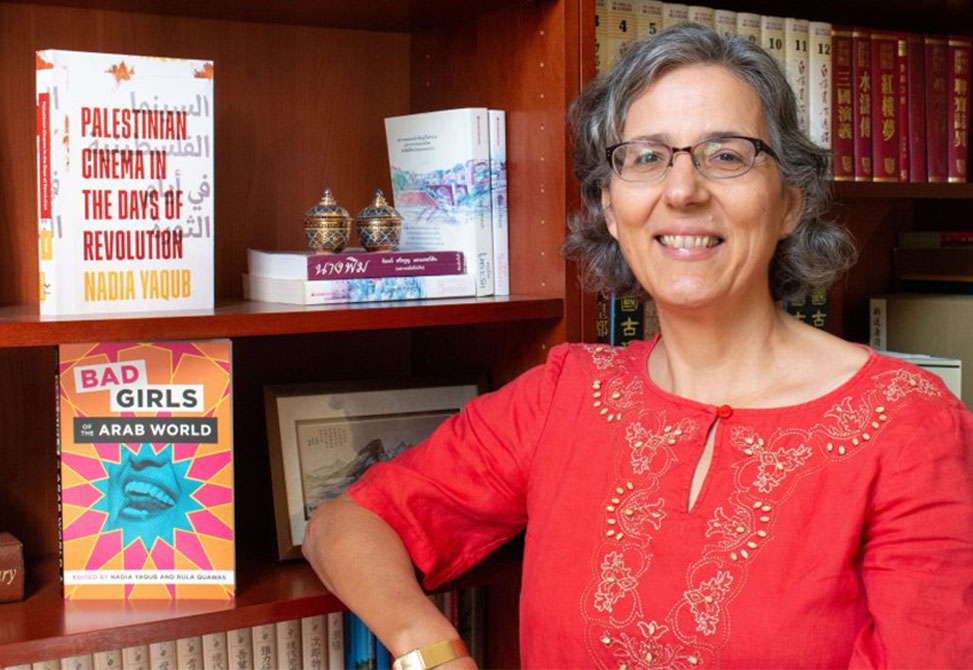
Nadia Yaqub, chair of Asian studies, showcases her research and interests in Arab visual culture and social justice in her latest book. (photo by Kristen Chavez).
Nadia Yaqub’s Palestinian Cinema in the Days of Revolution, University of Texas Press, traces Palestinian political filmmaking from the late 1960s to the early 1980s. Yaqub’s new book showcases her research and interests in Arab visual culture and in social justice. We talked with Yaqub, associate professor in the Asian studies department, about her latest work.
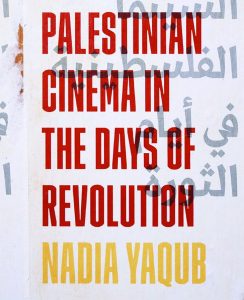
Q: What were the types of films produced during this period?
A: Palestinians and others working in solidarity with the revolution made different types of films, although most were quite modest given the limited means filmmakers had at their disposal. Within the PLO [Palestine Liberation Organization], only one feature film was completed: Kassem Hawal’s Return to Haifa, released in 1982, at the very end of the period.
Q: What were the effects of Palestinian cinema on the revolution?
A: Palestinian filmmaking of the 1970s certainly raised the profile of the Palestinian revolution in certain circles, but their immediate effects were more modest than the filmmakers themselves would have hoped. Filmmaking wasn’t a priority to the movement, so resources were limited. I suspect that the main effect of the films was sustaining support for the Palestinian struggle among participants and allies of the revolution. Solidarity and engagement are not maintained in a vacuum; they require continual communication about what a movement is, who it is for, why it is important. They require emotional investment as well as political understanding.
Q: You write about this movement of independent films within a context of a national liberation movement for a stateless people. What makes these different from political films produced elsewhere?
A: While there had been some filmmaking prior to the revolutions in Cuba and Algeria, their film industries were established after the struggle within the context of state-building. North Vietnamese militant filmmaking occurred within the context of the Vietnam War, but it was not stateless.
Q: How are these early Palestinian films perceived today?
A: As one might expect, contemporary responses to these early works are quite varied. What they all share, however, is an interest in incorporating this early chapter in Palestinian filmmaking into a longer history of Palestinian cultural production, coming to grips with what it means for this revolutionary movement and its films to be a part of Palestinian history, and exploring what lessons can be learned from Palestinian revolutionary cinema.
Q: What are some key takeaways from your research?
A: I was surprised to discover how complex and transnationally interconnected Palestinian filmmaking was in the 1970s. While a relatively small number of individuals were involved in the movement, their works were directly affected not just by what was happening to Palestinians in Lebanon or within the PLO, but also to regional and global developments. Filmmaking and film circulation were shaped by the Cold War, for instance, and political and cultural developments in Western Europe.
Interview by Kristen Chavez ’13
Published in the Fall 2018 issue | Chapter & Verse
Read More
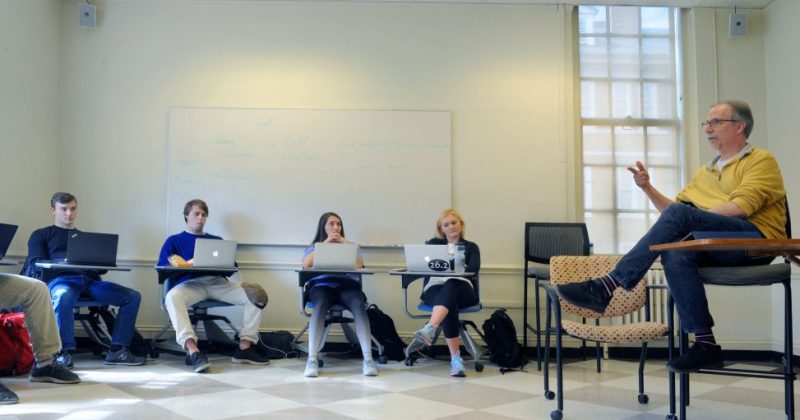
Double up and pick an English concentration
Sophomore Carter Hurley is double-majoring in English and another field…
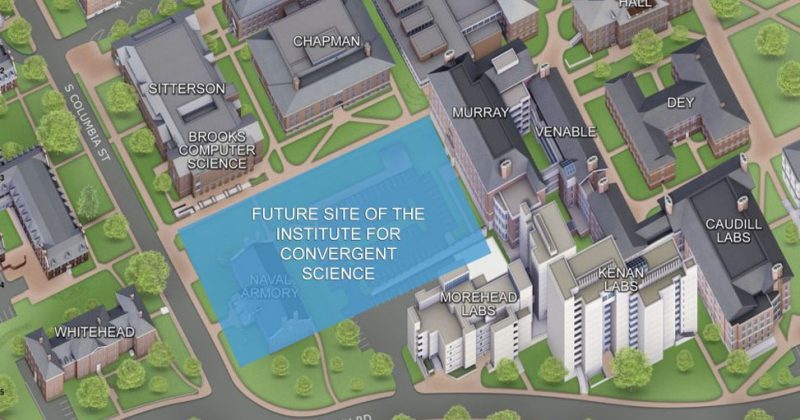
Institute for Convergent Science will speed process from discovery to impact
In fall 2017, UNC-Chapel Hill announced, as part of the…


